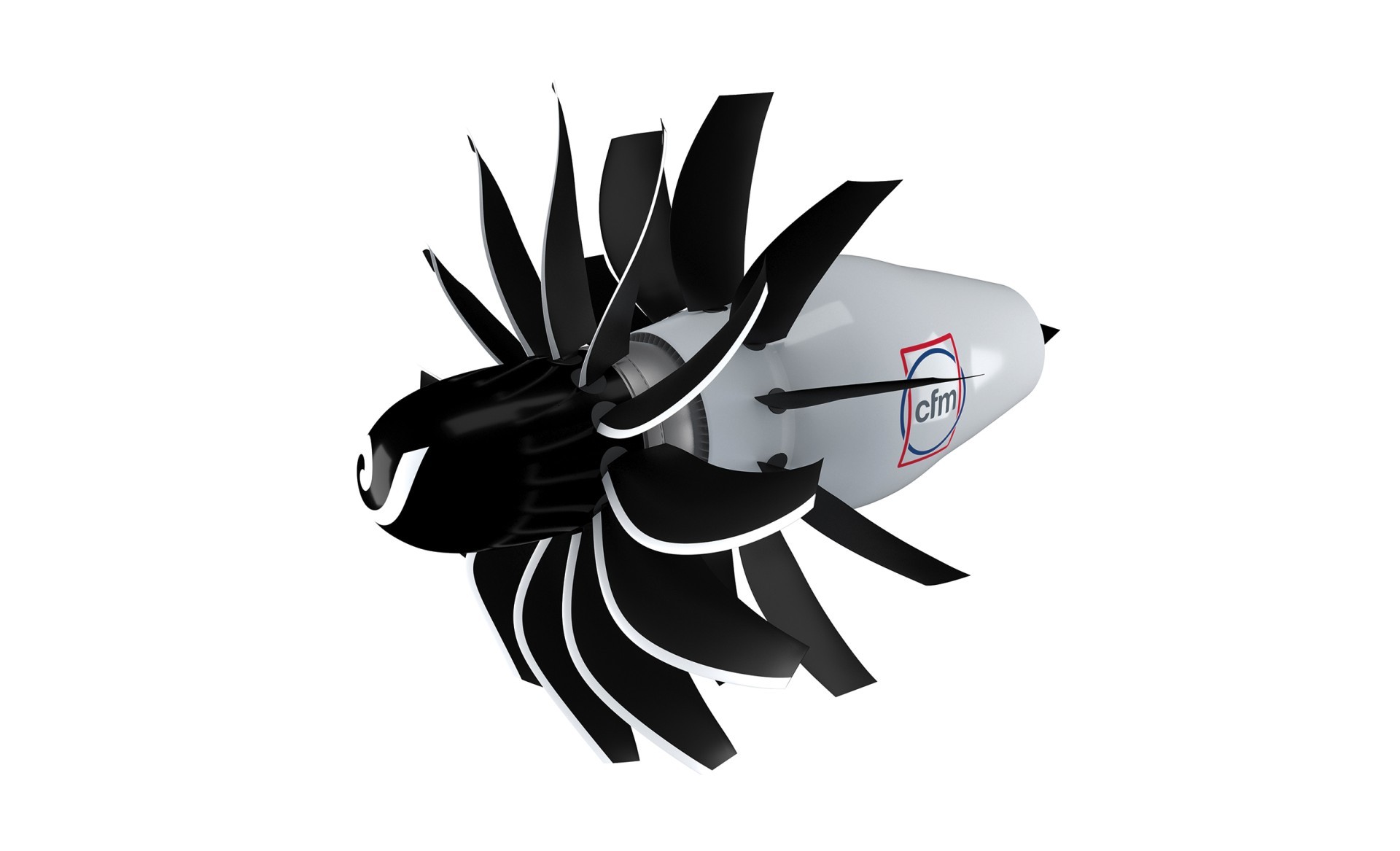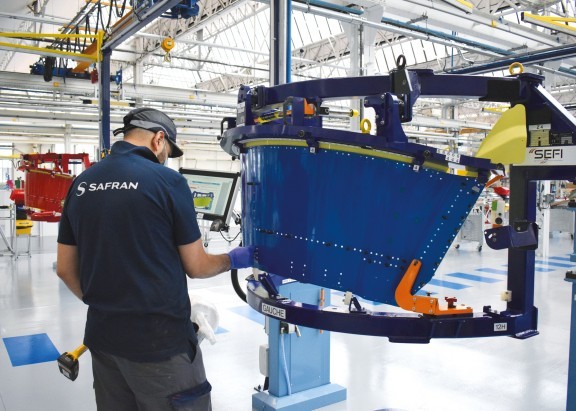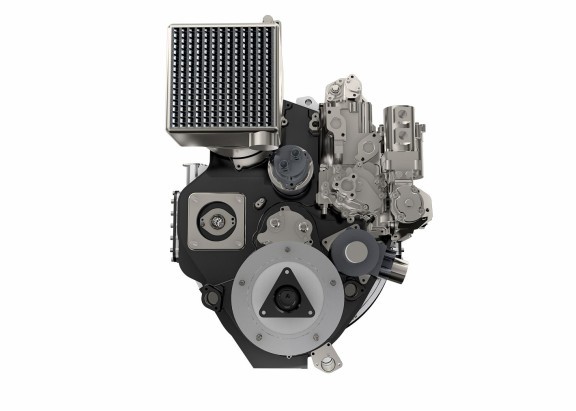
One Future News
RISE: an ambitious program
t an all-virtual event in June, Safran CEO Olivier Andriès and GE Aviation President & CEO John Slattery announced the launch of an ambitious technology development program called CFM RISE (Revolutionary Innovation for Sustainable Engines). RISE aims to reduce fuel consumption and CO2 emissions by over 20% compared to current engines. The program will test and mature a range of innovative, disruptive technologies for aircraft engines that could enter service by the mid-2030s. These engines will be based on an unshrouded architecture and will run on fully sustainable fuels. Safran and GE Aviation also signed an agreement to extend their 50/50 partnership in CFM International to 2050.
More information on the RISE program
Read more
ENGINeUS™ motors for the eFlyer
Partners since 2020 in the design of an electric propulsion system for the eFlyer 1 and 2, Safran Electrical & Power and Bye Aerospace have extended their cooperation to include the eFlyer 800. This eight-seat all-electric plane in the twin-turboprop class is designed to meet growing demand for higher-performance and more cost-efficient electric regional aircraft. The two companies are working on the complete electric propulsion system: two ENGINeUS™ electric motors, power distribution and a GENeUSGRID™ network protection system.
Find out more about the eFlyer 800
Discover
Ceramic matrix nozzles
As part of the DIAPASON R&T project, which will provide planemakers with nozzles made of ceramic composites, the teams at Safran Nacelles, Safran Ceramics and Safran Tech have jointly designed an oxide/oxide ceramic matrix composite (CMC) nozzle demonstrator. Safran Nacelles and Safran Ceramics have also obtained subsidies from the French civil aviation authority DGAC through 2023. The two companies plan to produce full-scale CMC nozzles and test them on an UltraFan demonstrator.
Greener carbon brakes
ight inventors at Safran Ceramics and Safran Landing Systems have filed a patent to improve the performance and environmental impact of carbon brakes. The invention is based on two major improvements: elimination of the large plates supporting the disk stacks and introduction of a forced-flow process. By optimizing gas circulation, furnace capacity rates will be increased and production lead times reduced. The result will be 20% lower energy consumption for a given quantity of brake disks.


